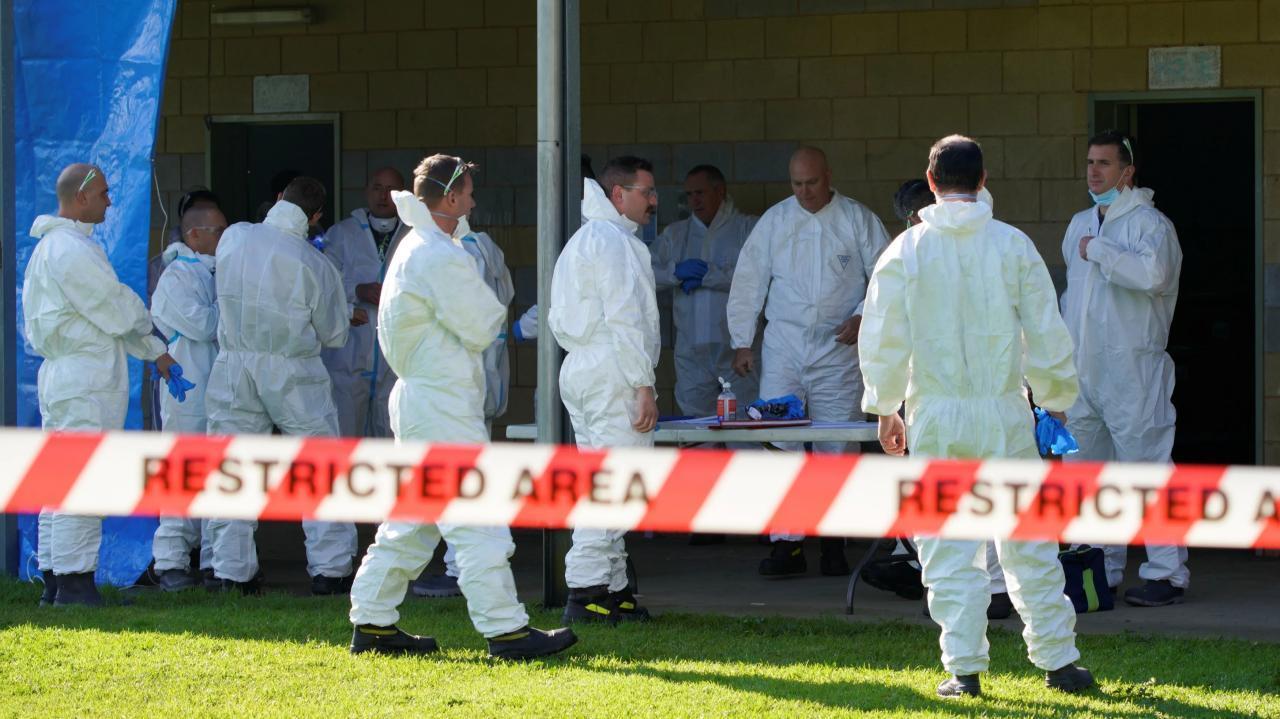MELBOURNE, Aug. 2 (AFP) - A state of disaster was declared in Australia's Victoria on Sunday (Aug 2), with the local government implementing a night curfew as part of its harshest movement restrictions to date to contain the coronavirus.
Melbourne, the state's capital, will move to Stage 4 restrictions until Sep 13 given "unacceptably high" levels of community transmission, said Victoria Premier Daniel Andrews.
Starting Sunday night for the next six weeks, Melbourne residents will face a curfew from 8pm to 5am. They will also not be able to go further than 5km from home and will be limited to an hour of exercise a day.
Only one person per household will be able to shop for essential items each day, also within the same 5km radius.
Most school and university students in Melbourne will return to online learning from midnight on Wednesday, just weeks after returning to their classrooms, while kindergartens and daycare centres will be effectively closed from Thursday.
Weddings will also be banned in the city. At the height of the first wave of the pandemic, weddings in Australia were limited to five people.
"These are the decisions made because anything short of this will not keep us safe," Andrews said.
"Anything short of this will see it drag on for months and months and months."
Additional restrictions affecting workplaces would be announced on Monday, Andrews added, suggesting that non-essential businesses will face closures.
The state recorded 671 new COVID-19 cases and seven deaths from the virus on Sunday.
Outside Melbourne, the rest of Victoria will move to a Stage 3 lockdown from midnight on Wednesday with people allowed to leave home only for work, study, care and essential shopping.
Elsewhere in Australia, other states and territories have for weeks reported zero or a small number of cases while relaxing restrictions.
They have, however, banned visitors from Victoria and Sydney - another virus hotspot.
Australia's total reported COVID-19 infections reached almost 18,000 on Sunday, with 208 deaths in a population of 25 million.
